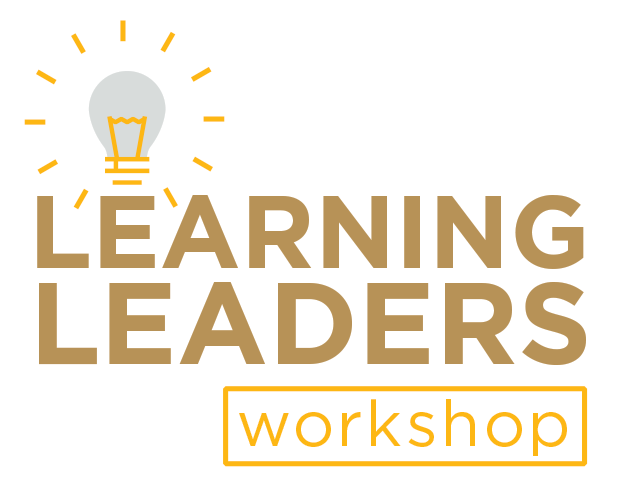Learning Leaders Workshops - 2017

- Assessment Leadership for School Leaders (May 23 & July 6, 2017)
The focus in Virginia on a profile of a graduate as a critical thinker, effective collaborator, clear communicator, creative individual, and contributing citizen signifies a shift away from standardized assessments toward more authentic methods of assessing student learning, namely with performance-based assessments. PBAs are not new to education, but the challenge of developing them within a standards-based curriculum is. This session provides educational leaders grounded insights to work with teachers in creating and using PBAs as part of a balanced approach to classroom assessment and as an integral part of enacting more engaging models of instruction, such as project-based learning.
Facilitator:
Chris Gareis, Ed.D., Professor of Educational Leadership, William & Mary School of Education
May 23 Materials:
Leveraging PBAs for Deeper Learning Presentation
July 6 Materials:
Leveraging PBAs for Deeper Learning Presentation
Leadership Implications for Local Alternative Assessments Presentation - Feedback & Leadership (July 13, 2017)
Feedback is one of the top ten most positive influences on student learning and achievement. At the heart of feedback is the premise that data collected on teacher and student performance should be used to reflect on practice and identify discrepancies between intended learning outcomes and what actually happens in our classrooms. In order for feedback to be effective, leaders need to provide “just-in-time, just-for-me information delivered when and where it can do the most good” (Brookhart, 2008, p.1). Feedback is a low-cost, high-yield leadership essential that can boost performance, efficacy, and learning climate in schools; however, much feedback is fraught with evaluative overtones and complex issues that limit impact.
How can school leaders provide feedback that is timely, useful, productive, and meaningful? In this one day session, we will explore the functions and values of feedback to teachers, practice giving and receiving feedback, discuss options for when feedback falls flat, and learn strategies for transferring feedback into coherent, aligned, and measurable action in the classroom. Participants are invited to bring their real-world examples for strategy sessions. The workshop is designed for active participation as we learn with and from each other how to support a rich culture for deeper learning in our classrooms and schools. This workshop is appropriate for school leaders, teacher leaders, and any central office leaders who visit classrooms and provide feedback to teachers.
Facilitators:
Amy C. Colley, Ed.D., Executive Director, SURN, William & Mary School of Education
Materials:
Chuck Wagner, Ed.D., Assistant Superintendent for Instruction, Gloucester County Public Schools, Adjunct Faculty, W&M School of Education
Feedback and Leadership Presentation
Handouts
Pre-Conference Script
Hard Conversations Script
Scheduling Observations and Feedback Samples
Sample Set: Administrator Observation Schedules
Frayer Model Template for Feedback